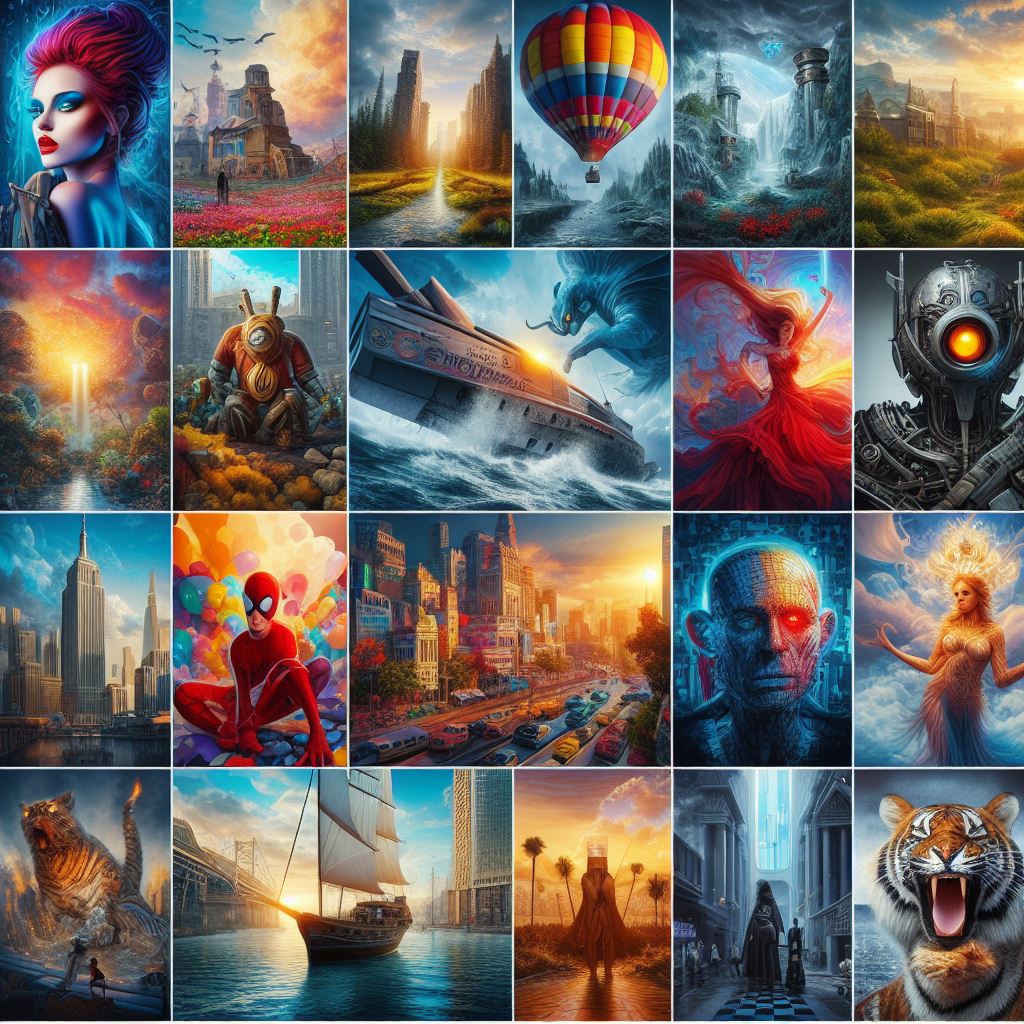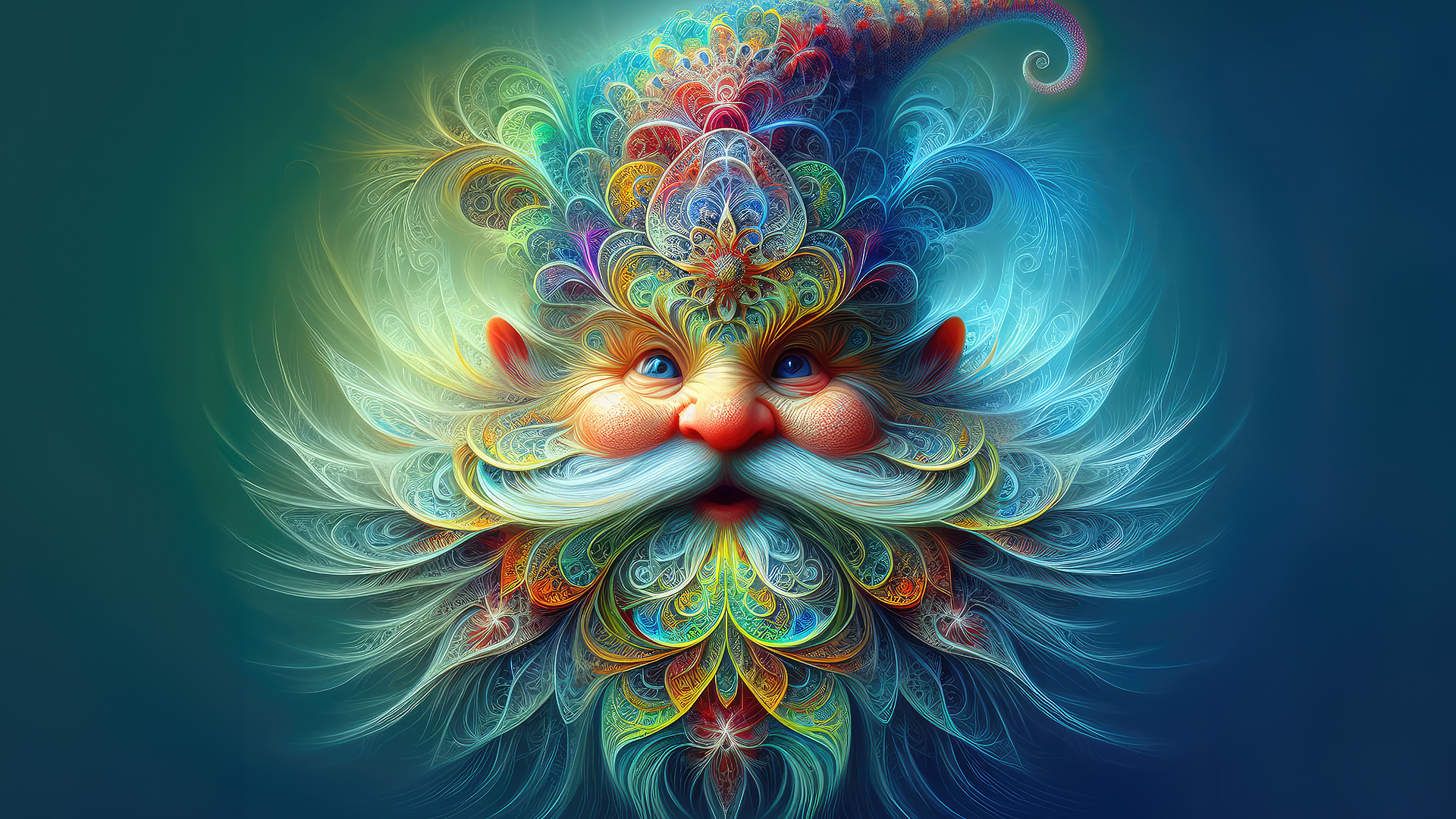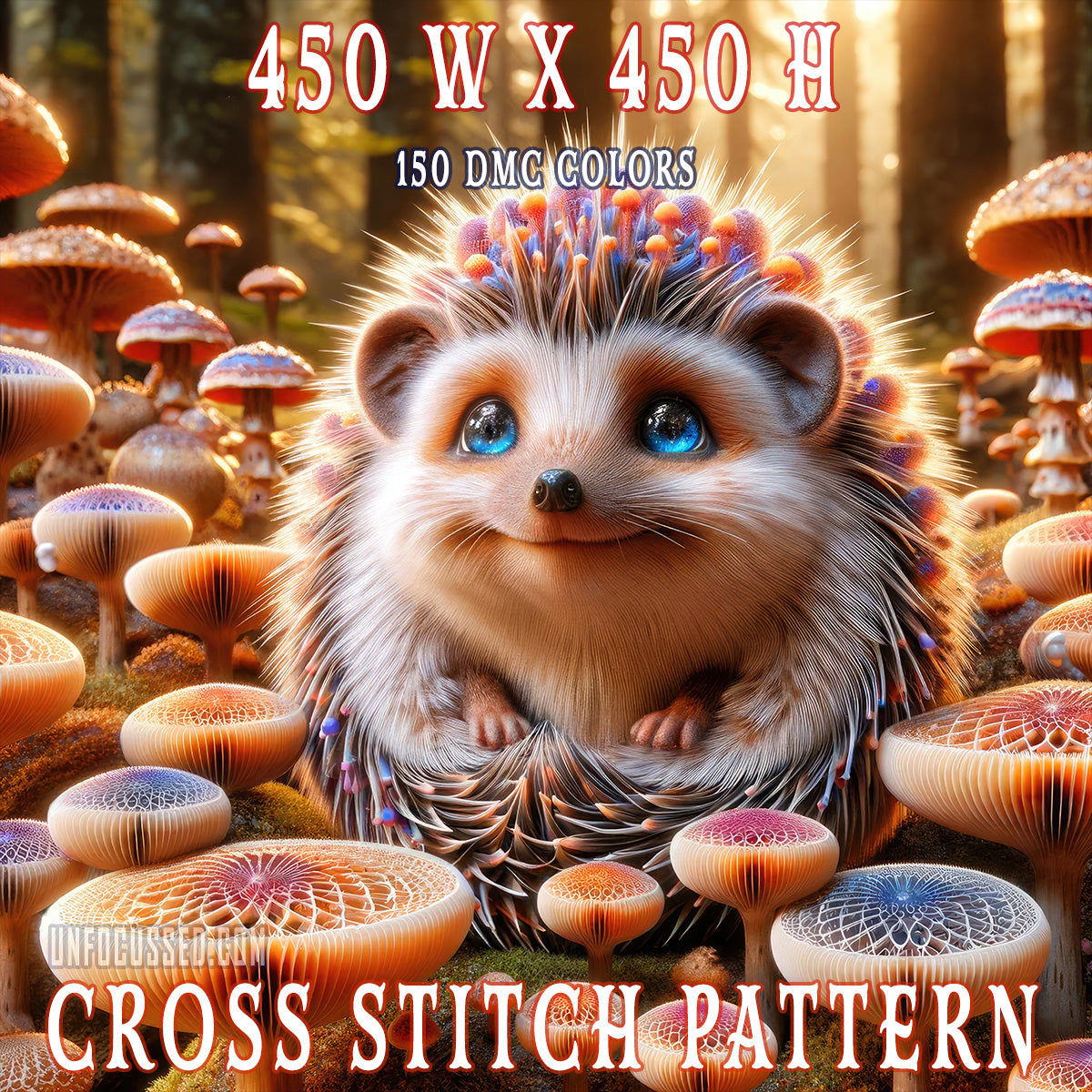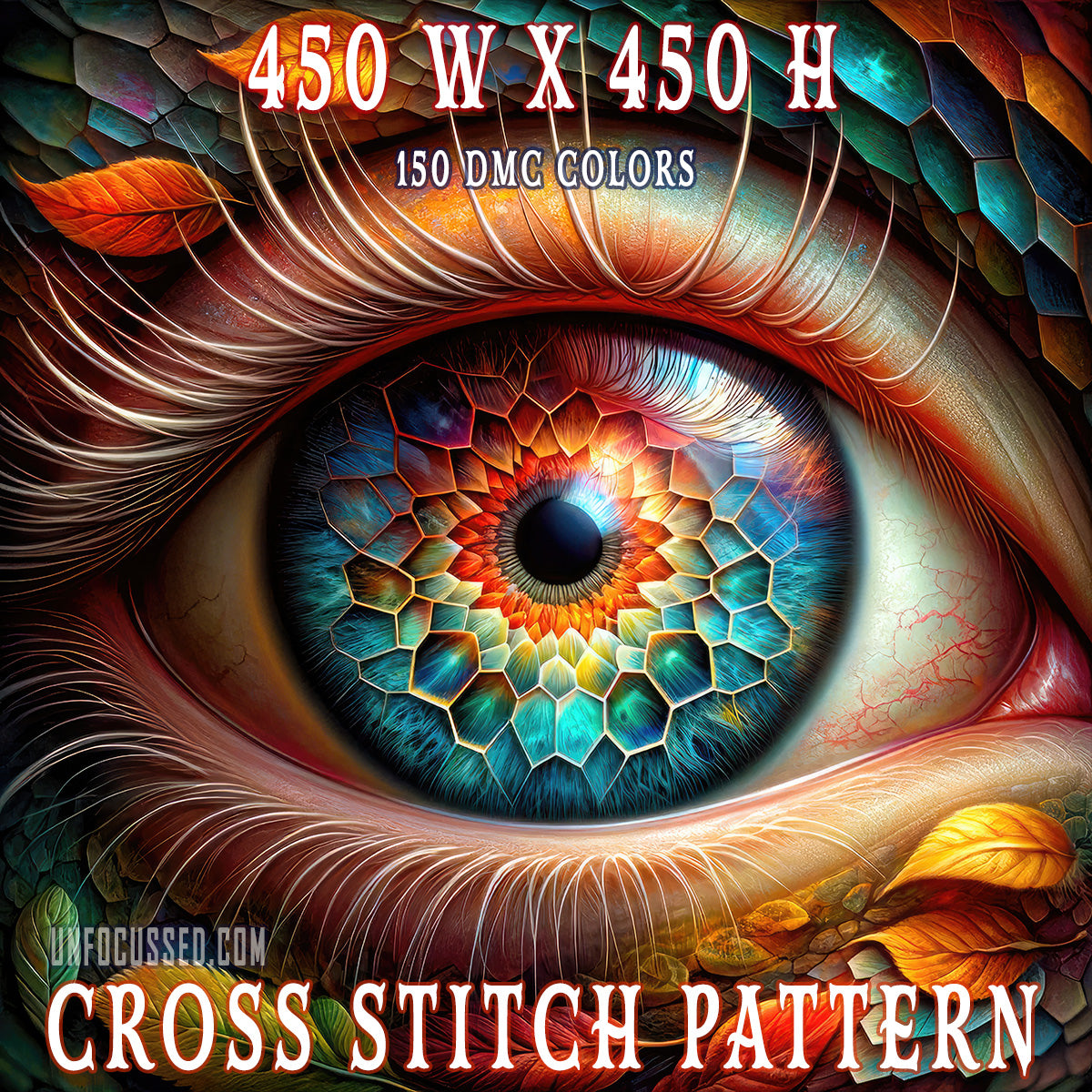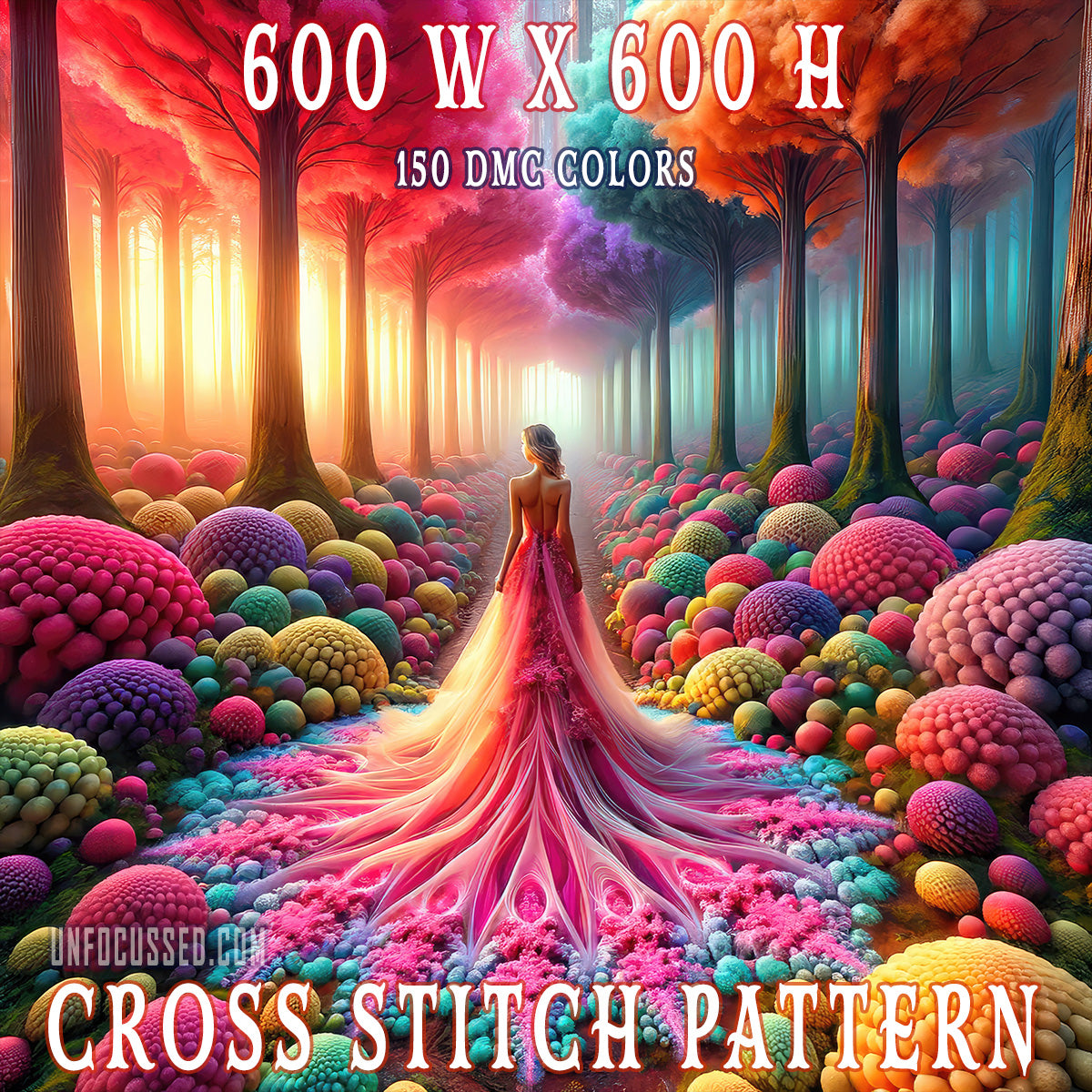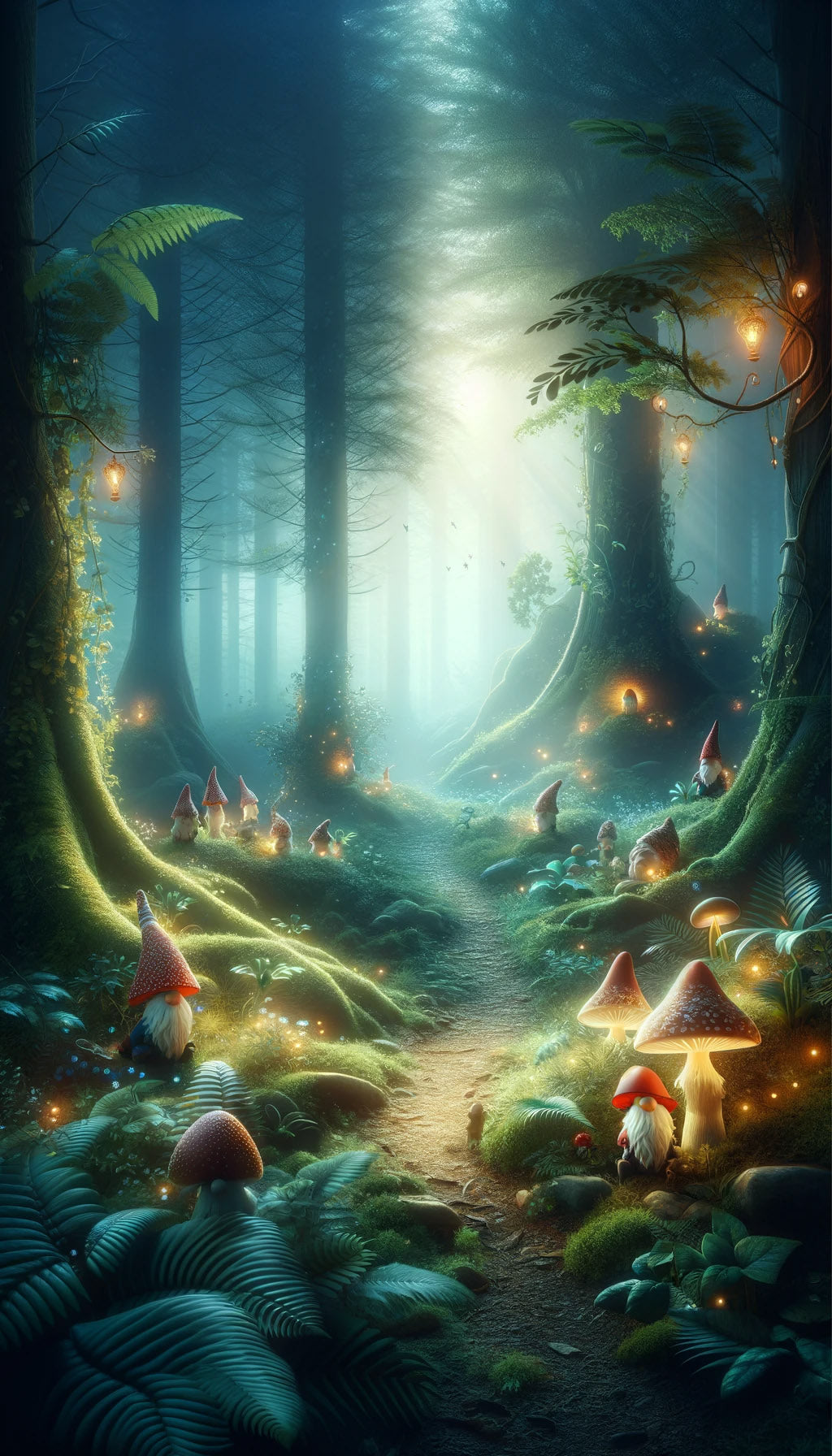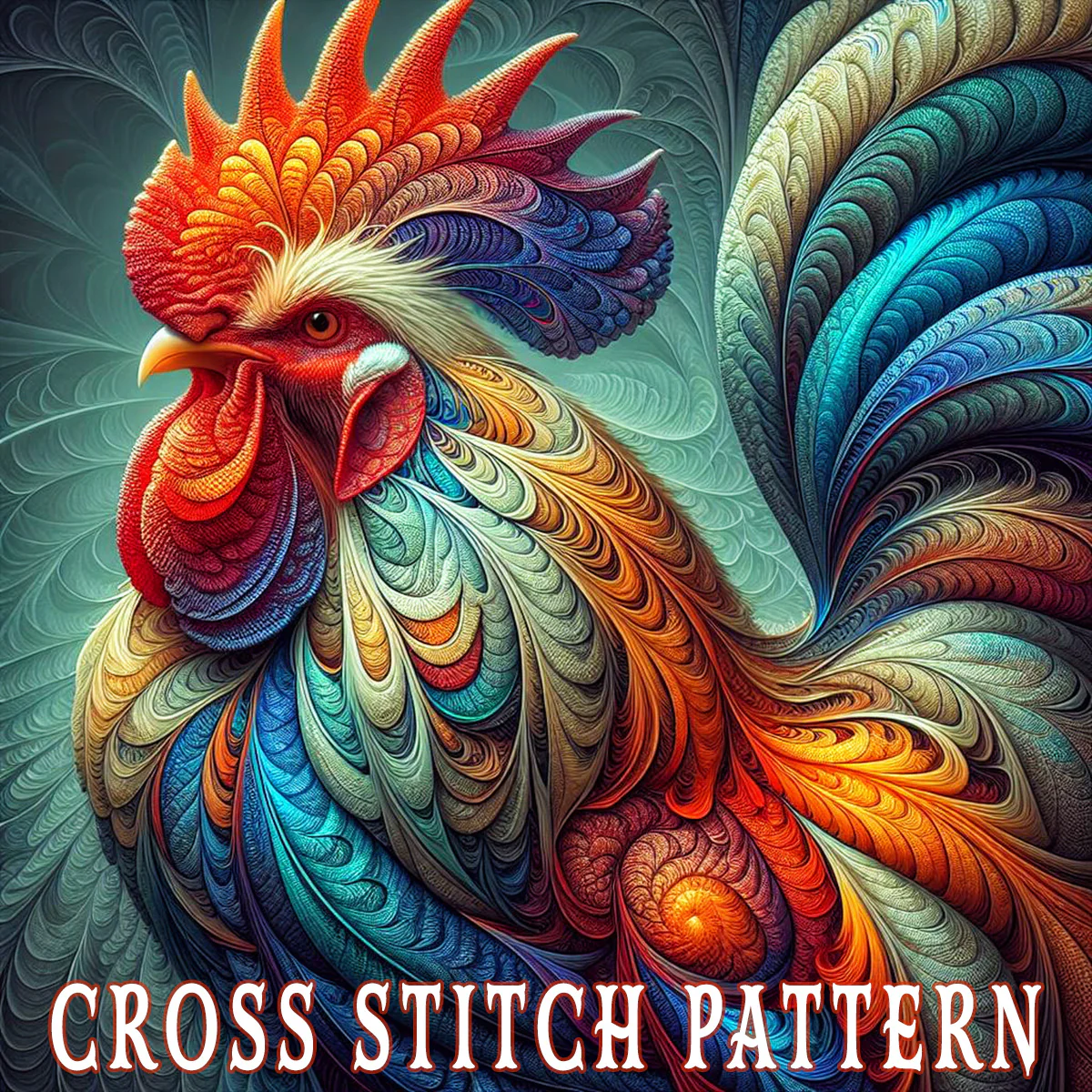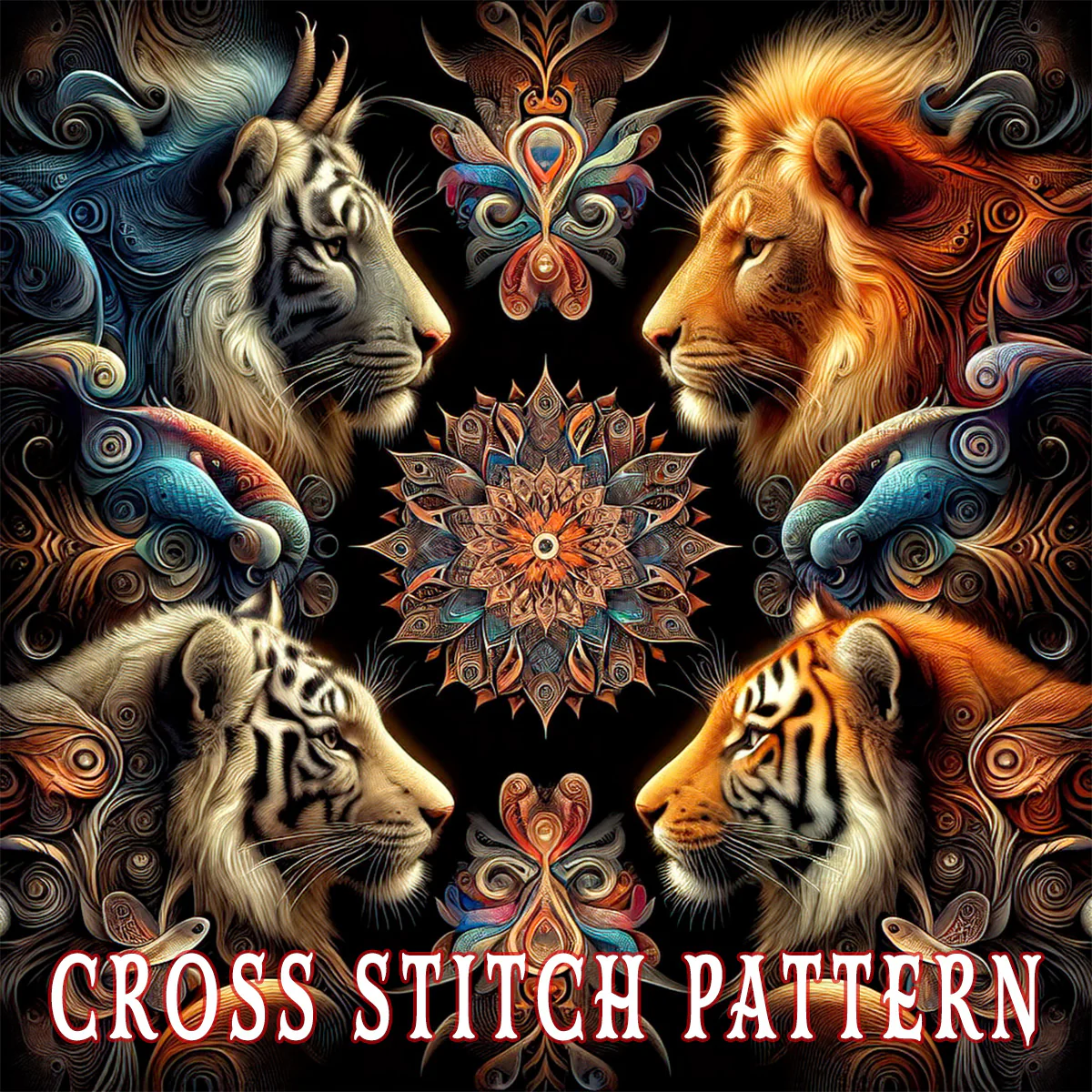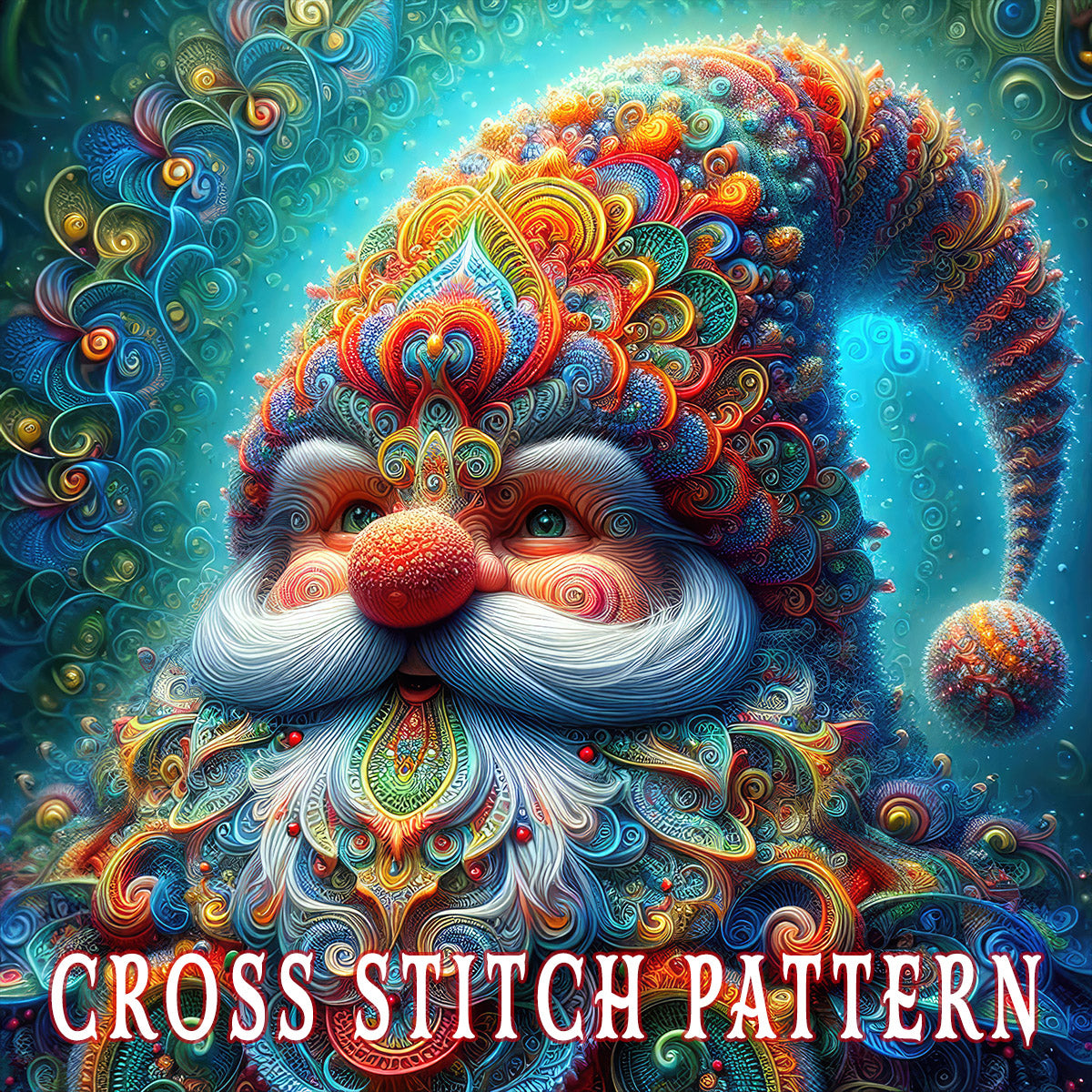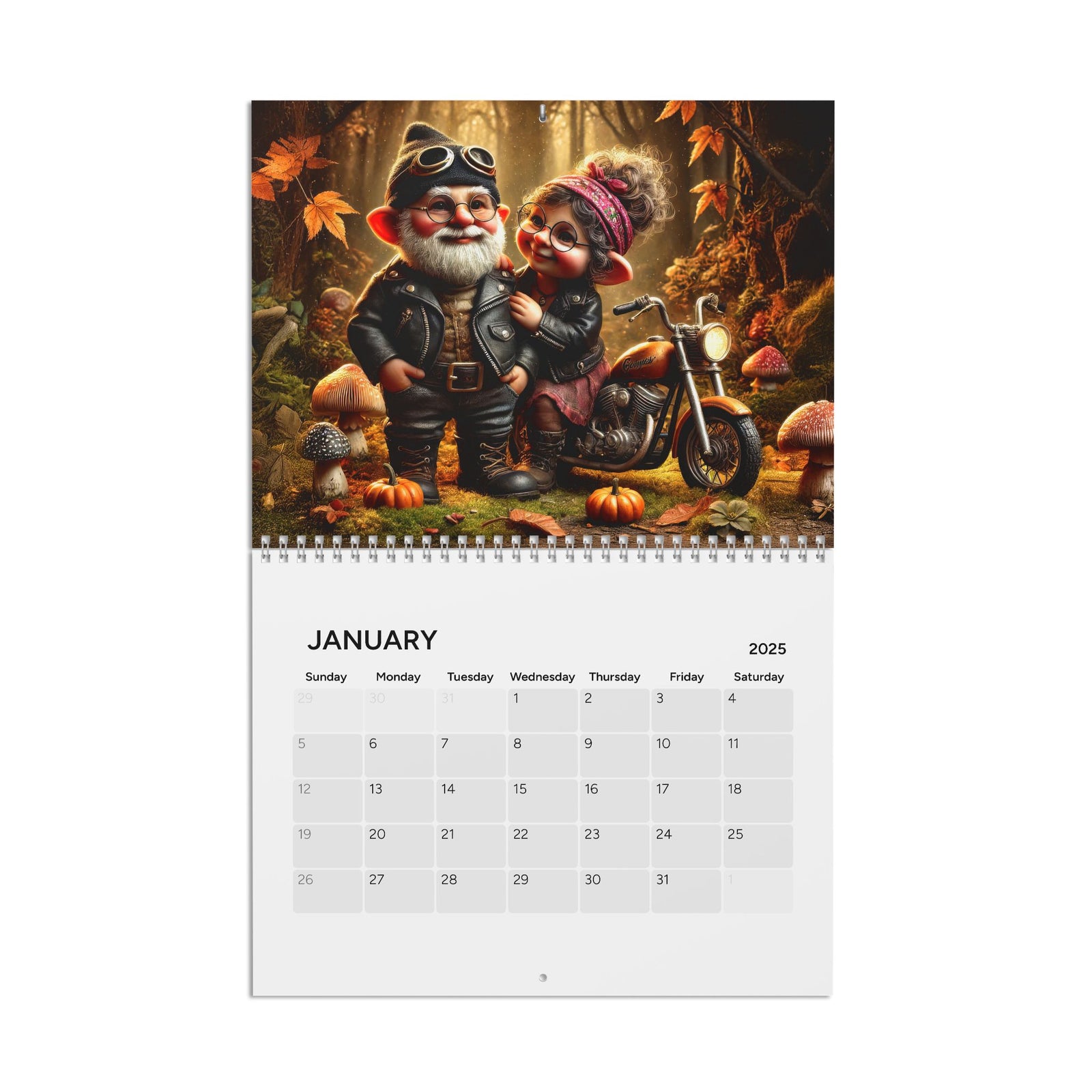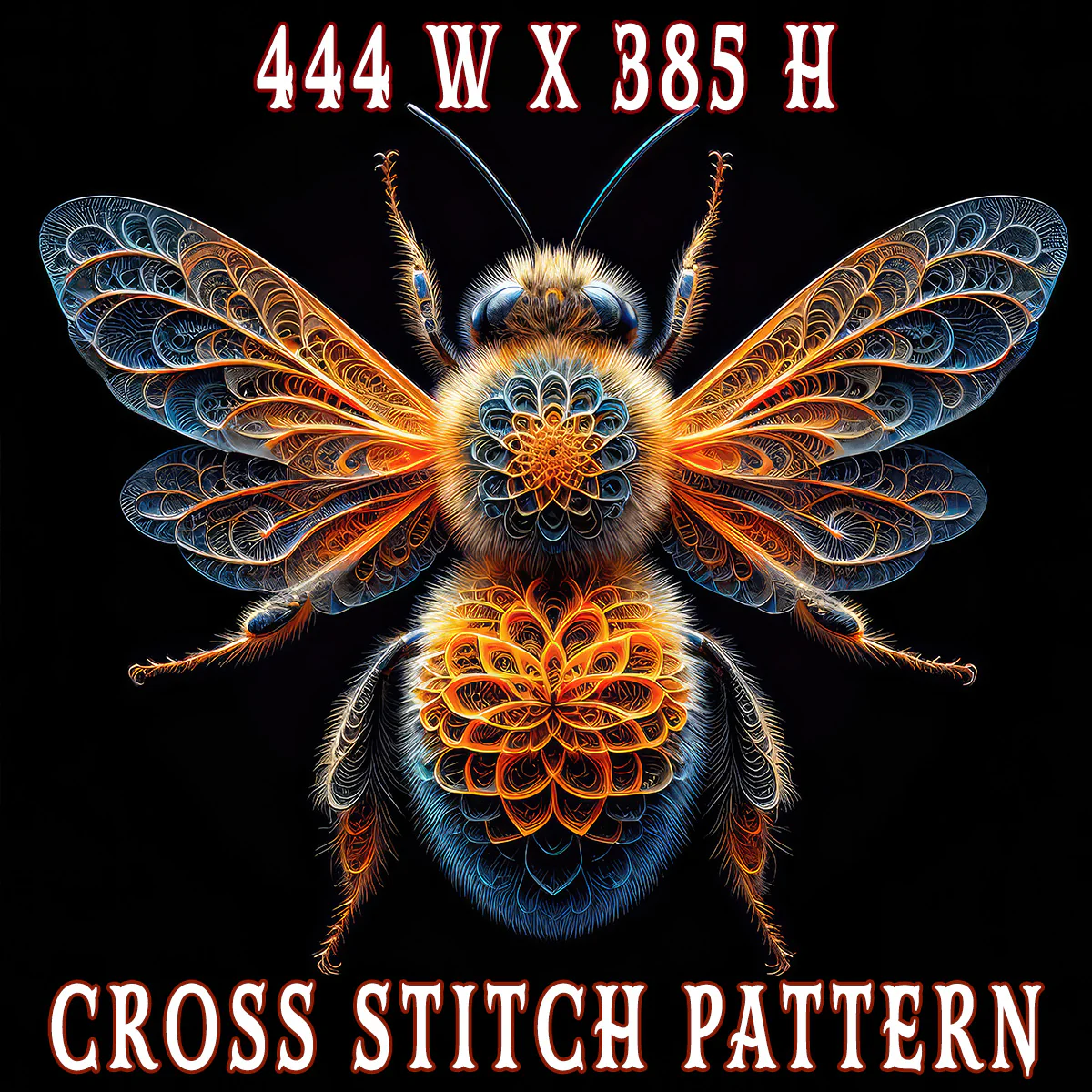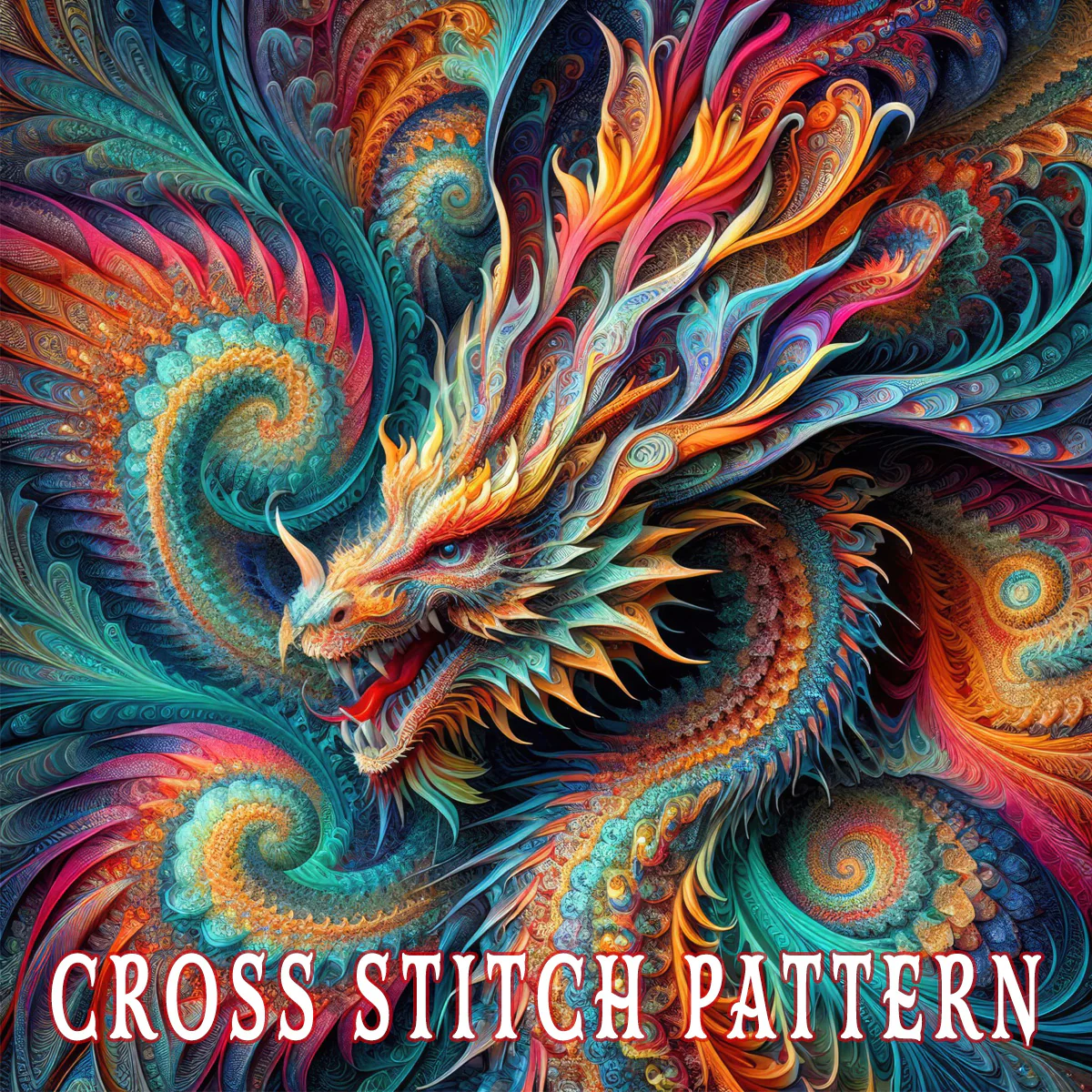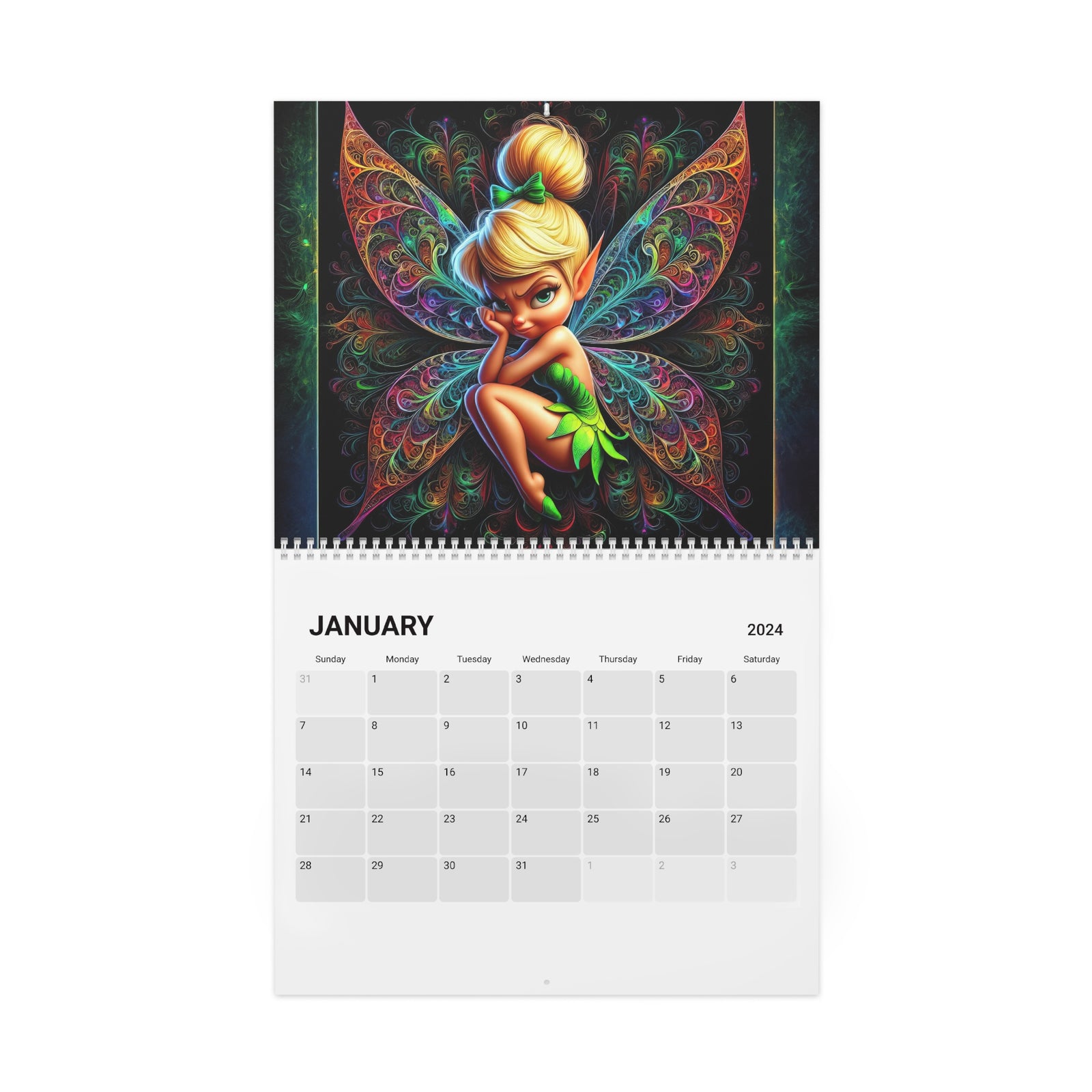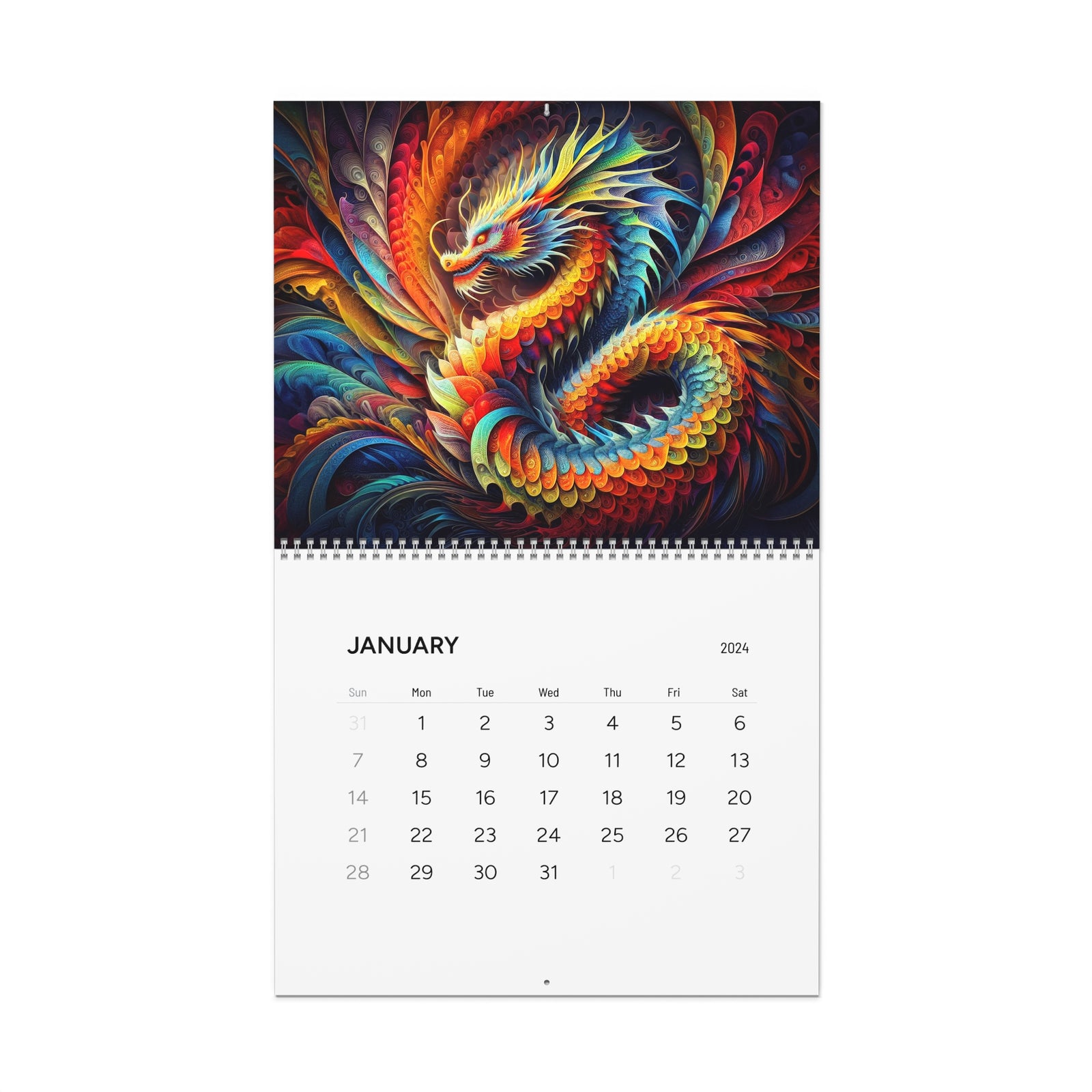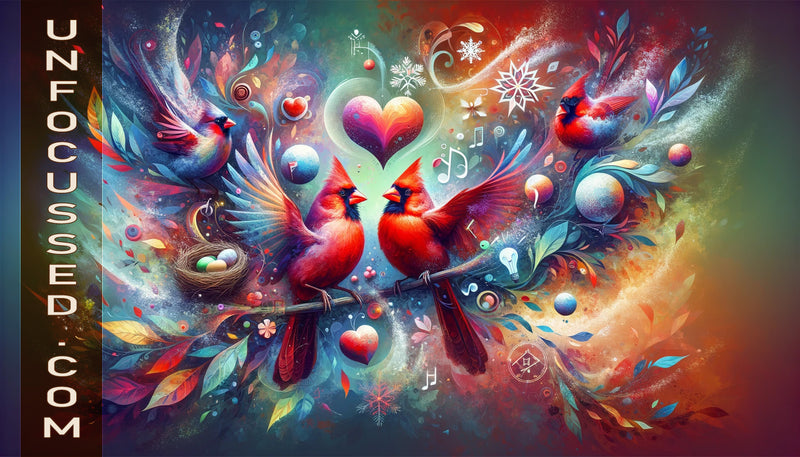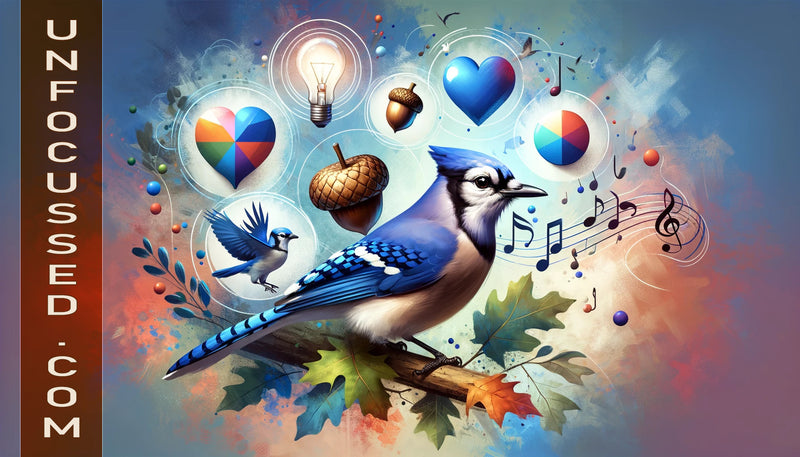
My Dragon Bestie
How to Accidentally Befriend a Fire Hazard Everyone knows toddlers have a knack for chaos. Sticky fingers, permanent marker tattoos on the dog, mysterious stains that science has yet to classify — it’s all part of their magic. But no one warned Ellie and Mark that their son Max, age two and a half and already proficient in diplomacy by fruit snack barter, would bring home a dragon. “It’s probably a lizard,” Mark had muttered when Max toddled in from the backyard cradling something green and suspiciously scaly. “A big, weird-eyed lizard. Like, emotionally unstable gecko weird.” But lizards, as a rule, do not belch smoke rings the size of frisbees when they burp. Nor do they respond to the name “Snuggleflame,” which Max insisted upon with the determined fury of a child who’s missed his nap. And certainly no lizard has ever attempted to toast a grilled cheese with its nostrils. The dragon — because that’s what it undeniably was — stood about knee-high with chunky feet, chubby cheeks, and the sort of wings that looked decorative until they weren’t. Its expression was equal parts devilish and delighted, like it knew a thousand secrets and none of them involved nap time. Max and Snuggleflame became inseparable within hours. They shared snacks (Max’s), secrets (mostly babbled gibberish), and bath time (a questionable decision). At night, the dragon curled around Max’s toddler bed like a living plush toy, radiating warmth and purring like a chainsaw on Xanax. Of course, Ellie and Mark tried to be rational about it. “It’s probably a metaphor,” Ellie suggested, sipping wine and watching their child cuddle a creature capable of combustion. “Like an emotional support hallucination. Freud would have loved this.” “Freud didn’t live in a ranch house with flammable drapes,” Mark replied, ducking as Snuggleflame sneezed a puff of glittery soot toward the ceiling fan. They called Animal Control. Animal Control politely suggested Animal Exorcism. They called the pediatrician. The pediatrician offered a therapist. The therapist asked if the dragon was billing under Max’s name or as a dependent. So they gave up. Because the dragon wasn’t going anywhere. And to be honest, after Snuggleflame roasted the neighbor’s leaf pile into the most efficient compost bin the HOA had ever seen, things got easier. Even the dog had stopped hiding in the washing machine. Mostly. But then, just as life started to feel bizarrely normal — Max drawing crayon murals of "Dragonopolis", Ellie fireproofing the furniture, Mark learning to say “Don't flame that” like it was a regular household rule — something changed. Snuggleflame’s eyes got wider. His wings got stretchier. And one morning, with a sound somewhere between a kazoo and a wind tunnel, he looked at Max, belched out a compass, and said — in perfect toddler-accented English — “We has to go home now.” Max blinked. “You mean my room?” The dragon grinned, fanged and wild. “Nope. Dragonland.” Ellie dropped her coffee mug. Mark cursed so hard the baby monitor censored him. Max? He simply smiled, eyes shining with the unshakable faith of a child whose best friend just turned into a mythical Uber. And that, dear reader, is how a suburban family accidentally agreed to a magical relocation clause… led by a dragon and a preschooler in Velcro shoes. To be continued in Part Two: “The TSA Does Not Approve of Dragons” The TSA Does Not Approve of Dragons Ellie hadn’t flown since Max was born. She remembered airports as stressful, overpriced food courts with occasional opportunities to be strip-searched by someone named Doug. But nothing — and I mean nothing — prepares you for trying to check a fire-breathing emotional support lizard through security. “Is that… an animal?” the TSA agent asked, in the same tone one might use for discovering a ferret operating a forklift. Her badge read “Karen B.” and her emotional aura screamed “no nonsense, no dragons, not today.” “He’s more of a plus-one,” Ellie said. “He breathes fire, but he doesn’t vape, if that helps.” Snuggleflame, for his part, was wearing Max’s old hoodie and a pair of aviator sunglasses. It did not help. He also carried a satchel with snacks, three crayons, a plastic tiara, and a glowing orb that had started whispering in Latin sometime around the baggage check. “He’s house-trained,” Max chimed in, proudly. “He only toasts things on purpose now.” Mark, who had been silently calculating how many times they could be banned from federal airspace before it counted as a felony, handed over the dragon’s ‘passport.’ It was a laminated construction paper booklet titled OFFISHUL DRAGON ID with a crayon drawing of Snuggleflame smiling next to a stick figure family and the helpful note: I AINT MEAN. Somehow, whether by charm, chaos, or sheer clerical burnout, they got through. There were compromises. Snuggleflame had to ride in cargo. The orb was confiscated by a guy who swore it tried to "reveal his destiny." Max cried for ten minutes until Snuggleflame sent smoke signals through the air vents spelling “I OK.” They landed in Iceland. “Why Iceland?” Mark asked for the fifth time, rubbing his temples with the slow desperation of a man whose toddler had commandeered an ancient being and a boarding gate. “Because it’s the place where the veil between worlds is thinnest,” Ellie replied, reading from a brochure she found in the airport titled Dragons, Gnomes, and You: A Practical Guide to Fae-Proofing Your Backyard. “Also,” Max piped up, “Snuggleflame said the portal smells like marshmallows here.” That, apparently, was that. They checked into a small hostel in a village so picturesque it made Hallmark movies feel insecure. The townspeople were polite in the way that implied they’d seen weirder. No one even blinked when Snuggleflame roasted a whole salmon with a hiccup or when Max used a stick to draw magical glyphs in the frost. The dragon led them into the wilderness at dawn. The terrain was a rugged postcard of mossy hills, icy streams, and a sky that looked like a Nordic mood ring. They hiked for hours — Max carried by turns on Mark’s shoulders or floating slightly above ground courtesy of Snuggleflame’s "hover hugs." Finally, they reached it: a clearing with a stone arch carved with symbols that pulsed faintly. A ring of mushrooms marked the threshold. The air buzzed with a scent that was part cinnamon toast, part ozone, and part “you’re about to make a decision that rewires your life forever.” Snuggleflame turned solemn. “Once we go through… you might never come back. Not the same way. You sure, little buddy?” Max, without hesitation, said, “Only if Mommy and Daddy come too.” Ellie and Mark looked at each other. She shrugged. “You know what? Normal was overrated.” “My office just assigned me to a committee about optimizing spreadsheet color-coding. Let’s roll,” Mark said. With a deep, echoing whoosh, Snuggleflame reared up and breathed a ribbon of blue fire into the arch. The stones glowed. The mushrooms danced. The veil between worlds sighed like an overworked barista and opened. The family stepped through together, hand in claw in hand. They landed in Dragonland. Not a metaphor. Not a theme park. A place where the skies shimmered like soap bubbles on steroids and the trees had opinions. Everything sparkled — aggressively so. It was like Lisa Frank had binge-watched Game of Thrones while microdosing peyote and then built a kingdom. The inhabitants greeted Max as though he were royalty. Turns out, he kind of was. Through a series of absolutely legitimate dream-based contracts, prophecy pancakes, and interpretive dance rituals, Max had been appointed "The Snuggle-Chosen." A hero foretold to bring emotional maturity and sticker-based communication to an otherwise flame-obsessed society. Snuggleflame became a full-sized dragon within days. He was magnificent — sleek, winged, capable of lifting minivans, and still perfectly willing to let Max ride on his back wearing nothing but dinosaur pajamas and a bike helmet. Ellie opened a fireproof preschool. Mark started a podcast called "Corporate Survival for the Newly Magical." They built a cottage next to a talking creek that offered life advice in the form of passive-aggressive haikus. Things were weird. They were also perfect. And no one — not a single soul — ever said, “You’re being childish,” because in Dragonland, the childish ran the place. To be continued in Part Three: “Civic Responsibility and the Ethical Use of Dragon Farts” Civic Responsibility and the Ethical Use of Dragon Farts Life in Dragonland was never boring. In fact, it was never even quiet. Between Snuggleflame’s daily aerial dance routines (featuring synchronized spark sneezes) and the enchanted jellybean geyser behind the house, “peaceful” was something they left behind at the airport. Still, the family had settled into something resembling a routine. Max, now the de facto ambassador of Human-Toddler Relations, spent his mornings finger-painting treaties and leading compassion exercises for the dragon hatchlings. His leadership style could best be described as “chaotic benevolence with juice breaks.” Ellie ran a successful daycare for magical creatures with behavioral issues. The tagline: “We Hug First, Ask Questions Later.” She had mastered the art of calming down a tantruming gnome with a glow stick and learned exactly how many glitter-bombs it took to distract a tantrum-prone unicorn with boundary issues (three and a half). Mark, meanwhile, had been elected to the Dragonland Council under the “reluctantly competent human” clause. His campaign platform included phrases like “Let’s stop setting fire to the mail” and “Fiscal responsibility: it’s not just for wizards.” Against all odds, it worked. He now chaired the Committee on Ethical Flame Use, where he spent most of his time writing policy to prevent dragons from using their farts as tactical weather devices. “We had a drought last month,” Mark muttered at the kitchen table one morning, scribbling on a parchment. “And instead of summoning rain, Glork farted a cloud the size of Cleveland into existence. It snowed pickles, Ellie. For twelve hours.” “They were delicious, though,” Max chirped, chewing one casually like it was a normal Tuesday. Then came The Incident. One sunny morning, Max and Snuggleflame were doing their usual stunt flights over the Glitter Dunes when Max accidentally dropped his lunch — a peanut butter sandwich enchanted with a happiness charm. The sandwich fell directly onto the ceremonial altar of the Grumblebeards, a cranky race of lava goblins with sensitive noses and no sense of humor. They declared war. On whom, exactly, was unclear — the child, the sandwich, the very concept of joy — but war was declared nonetheless. The Dragonland Council convened an emergency summit. Mark put on his “serious” robe (which featured fewer bedazzled stars than the casual one), Ellie brought her crisis glitter, and Max… brought Snuggleflame. “We’ll negotiate,” said Mark. “We’ll dazzle them,” said Ellie. “We’ll weaponize cuteness,” said Max, his eyes practically sparkling with tactical whimsy. And so they did. After three hours of increasingly confusing diplomacy, several emotional monologues about peanut allergies, and a full toddler-led puppet show reenacting “How Sandwiches Are Made With Love,” the Grumblebeards agreed to a ceasefire… if Snuggleflame could fart a cloud shaped like their ancestral totem: a slightly melting lava cat named Shlorp. Snuggleflame, after three helpings of spicy moonberries and a dramatic tail stretch, delivered. The resulting cloud was magnificent. It purred. It glowed. It made fart sounds in four-part harmony. The Grumblebeards wept openly and handed over a peace contract written in crayon. Dragonland was saved. Max was promoted to Supreme Hugmaster of the Inter-Mythical Council. Ellie received the Glitterheart Medal for Emotional Conflict Resolution. Mark was finally allowed to install smoke detectors without being called a “buzzkill.” Years passed. Max grew. So did Snuggleflame — who now sported a monocle, a saddle, and an unshakeable fondness for dad jokes. They became living legends, flying between dimensions, solving magical disputes, spreading laughter, and occasionally dropping enchanted sandwiches onto unsuspecting picnic-goers. But every year, on the anniversary of The Incident, they returned home to that very same stone arch in Iceland. They’d share stories, toast marshmallows on Snuggleflame’s backdraft, and watch the skies together, wondering who else might need a little more magic… or a cuddle-powered ceasefire. And for anyone who asks if it really happened — the dragons, the portals, the diplomacy powered by hugs — Max has just one answer: “You ever seen a toddler lie about a dragon bestie with that much confidence? Didn’t think so.” The End. (Or maybe just the beginning.) Take a Piece of Dragonland Home 🐉 If “My Dragon Bestie” made your inner child do a little happy dance (or snort-laugh into your coffee), you can bring that magical mischief into your real world! Whether you want to cozy up with a fleece blanket that’s as warm as Snuggleflame’s belly, or add some whimsical fire-breathing flair to your space with a metal print or framed wall art, we’ve got you covered. Send a smile (and maybe a giggle-snort) with a greeting card, or go big and bold with a storytelling centerpiece like our vibrant tapestry. Every item features the high-detail, whimsical world of “My Dragon Bestie” — a perfect way to bring fantasy, fun, and fireproof friendship into your home or to share with the dragon-lover in your life.

